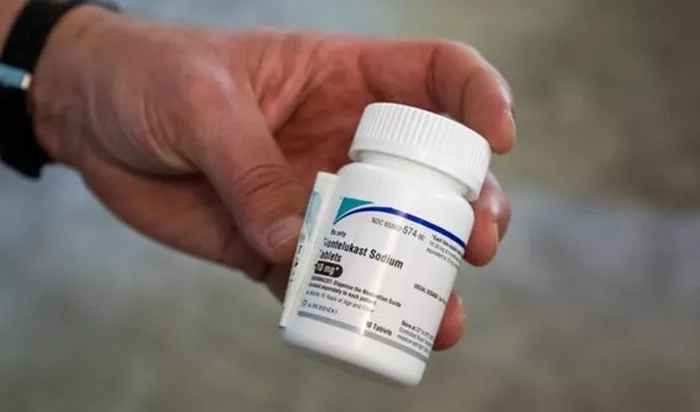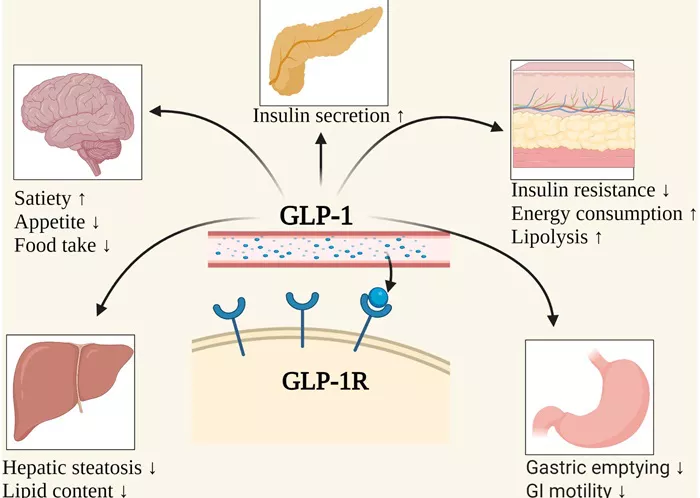The Food and Drug Administration (FDA) has announced that new research suggests the asthma drug Singulair, known generically as montelukast, could be linked to serious mental health issues, including suicide. The preliminary findings, presented at the American College of Toxicology meeting in Austin, Texas, on November 20, highlight concerns over the drug’s effects on the brain.
According to Jessica Oliphant, a deputy director at the FDA’s National Center for Toxicological Research, lab tests revealed significant binding of Singulair to multiple brain receptors. These receptors play a role in regulating mood, impulse control, cognition, and sleep. However, it remains unclear whether this binding directly leads to the harmful side effects observed in some patients.
While the findings are concerning, the FDA has not yet taken action to update the drug’s labeling. The agency emphasized that further research is necessary to better understand how Singulair interacts with the nervous system. Previous studies have also suggested that the drug can penetrate the brains of laboratory rats, raising additional questions about its neurological effects.
Mental Health Risks Linked to Singulair
Singulair has long been prescribed to treat asthma and allergies by reducing inflammation in the airways. However, over the past two decades, the drug has been increasingly associated with psychiatric side effects. Users have reported anxiety, confusion, irritability, hallucinations, and even thoughts of suicide or self-harm. In some cases, these side effects have led to tragic outcomes.
In 2019, following extensive reports of neuropsychiatric events, including completed suicides, the FDA issued a boxed warning for Singulair. This warning, the FDA’s most prominent, highlighted the potential risks of serious mental health side effects, including depression and suicidal ideation. Despite this, some healthcare professionals and patients remain unaware of these dangers.
Julia Marschallinger, a scientist at Austria’s Institute of Molecular Regenerative Medicine, voiced concern over the findings, stating that Singulair is “definitely doing something that’s concerning” to the brain, though more research is needed to determine the exact nature of the risks.
What Is Singulair?
Singulair, first approved by the FDA in 1998, is a prescription medication used to manage asthma and allergic rhinitis. The drug works by blocking leukotrienes, substances in the body that cause inflammation. It is available in both brand-name and generic forms, sold as montelukast or montelukast sodium, and is prescribed to both adults and children.
Despite early advertisements promoting the drug as having minimal side effects, Singulair has been increasingly linked to mental health problems over the years. In 2020, the FDA added a black box warning to the drug, advising caution in prescribing it to treat conditions like hay fever due to its psychiatric risks.
FDA’s Ongoing Review of Singulair
The latest findings have led the FDA to re-evaluate the drug’s safety profile. In October 2023, the agency issued a statement acknowledging that psychiatric disorders linked to Singulair may warrant further regulatory action. The agency emphasized that the evaluation of the drug’s safety is ongoing, and additional data will be needed to determine whether changes to the drug’s labeling or usage recommendations are required.
Side Effects of Singulair
In addition to mental health concerns, Singulair has been associated with a range of side effects. These include:
- Anxiety
- Nervousness
- Confusion
- Hallucinations
- Irritability
- Hostility
- Thoughts of suicide or self-harm
- Worsening mood
- Depression
- Sleep disturbances, including vivid dreams or nightmares
Patients experiencing these symptoms are urged to contact their healthcare providers immediately.
A Growing Concern
As of recent years, the medication has been linked to dozens of suicides, according to reports from patients and healthcare professionals. The risk of neuropsychiatric side effects has become a significant concern for both users and the medical community. The FDA’s 2020 warning aimed to raise awareness among doctors and patients about the drug’s potential mental health risks, but ongoing scrutiny and research are necessary to fully understand the extent of these dangers.
For now, the FDA continues to monitor the situation, with further studies expected to provide more clarity on the relationship between Singulair and mental health outcomes.
If you or someone you know is experiencing suicidal thoughts, please contact the National Suicide Prevention Lifeline at 988 or use their online chat service for support.
Related Topics
Six Unusual Food Combinations That May Boost Your Health
The 6 Best Foods for Boosting Your Immune System, According to Experts
Promising COPD Treatment: Vitamin B3 Shows Potential in Reducing Lung Inflammation


































